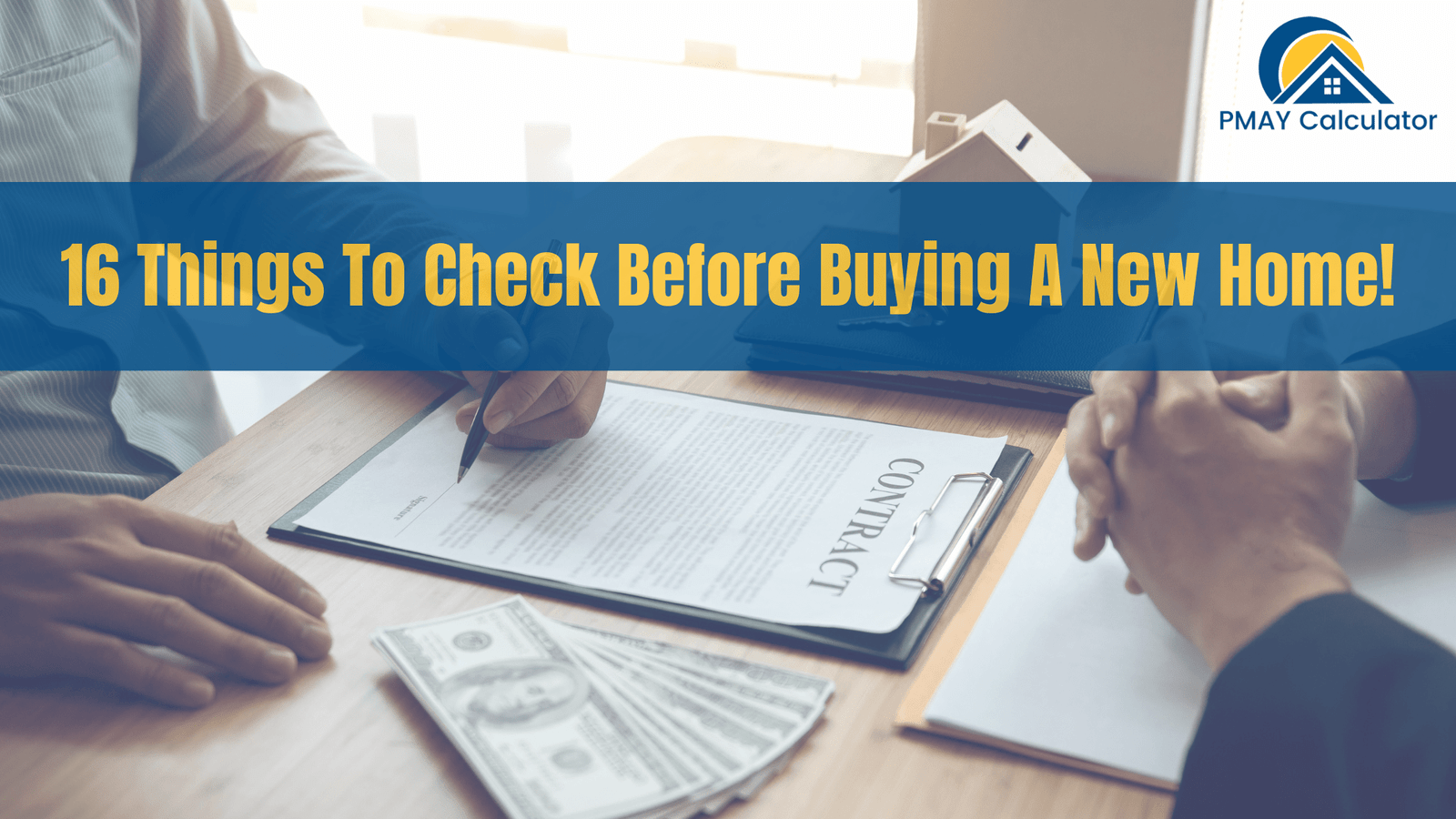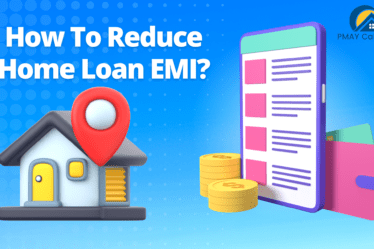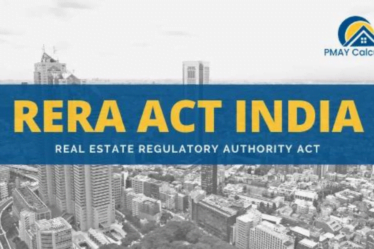
Why should you follow for first-time home buyers tips?
If you want to buy your first-ever home, we would like to congratulate you! It is because you are thinking of reaching one of the key milestones in your life. The construction or purchase of the first home is indeed a matter close to every person’s heart. While the first-ever home is unquestionably a bundle of happiness, it is also a high-ticket investment. Hence, you need to be extra cautious and make sure you are not making first time home buyer mistakes.
To help you make your dream home a reality, we have created a first time home buyers guide, “16 things to check before buying a new home.” Make sure you go through this home buyer checklist before you even start your dream home buying process.
It will help you make the right decisions and approach them smartly without hitting roadblocks.
16 Tips for first-time home buyers:
1. What are your requirements?
When you venture out to buy your first home, you will find no shortage of attractive real estate properties with stunning features. Most of the leading builders will lure you with their glossy brochures and offerings that may excite you to go for it. But you must focus on opting for a property that makes sense for your current and future needs. Hence, ask yourself why you are buying a home – is it for self-use or investment?
Based on your needs, you can then break down your needs into the following elements:
Size Of The Home
If it is for your family, then you should assess if it can suffice your current and future needs. If it is for a small family, then having an extra room for guests may be a good option. Investing in a home for renting and other purposes should not be too big or too small.
You should also look for amenities that your new house is offering – it is up to decide on a home that falls under budget, mid-level, and luxury levels.
2. Location preferences:
Many people buy affordable homes, but they are too far from city limits, and commuting between them becomes a daunting task. Hence, you should always buy a home in a location that provides you with all the basics, such as:
Proximity to ATMs, supermarkets, Parks, Public Transport channels, Hospitals, Schools, Colleges, Railway Stations, and airports must be preferred.
Living in the heart of the city will help you access every service without wasting your precious time commuting.
3. What about home possession?
Some builders may take time to give you possession of your home. Hence, you need to be sure of that before purchasing. RERA rules can now help you get the home possession on time. However, if you purchased your new home during or right before the COVID-19 outbreak, then you may get your home possession after some delay. The Coronavirus had some serious impacts on real estate and many other businesses.
4. Determine your budget for the home purchase
The next thing is being aware of the cost you will need to bear for the construction or the purchase of the new home. You also need to consider monthly expenses you are going to manage apart from home loan EMIs. That’s why we always advise people to check their home loan EMI first using an online home loan EMI calculator. This will help you plan your monthly budgets better, giving you a clear picture of how much you are going to pay towards the borrowed house loan amount and other day-to-day expenses.
If you have enough money to purchase your dream home without any finances, then you can do that, but it’s not advisable to put your entire savings into purchasing a home. As per many financial and investment advisors, instead of using your entire savings for home purchases, you should take advantage of a housing loan from banks or NBFCs and put your savings into good investment options like mutual funds, stocks, etc.
In case you don’t have enough savings, banks or NBFCs will provide you with housing finance for around 80-90% of your home cost, whereas the remaining 10-20% of the funds, you need to arrange on your own.
Pro tip: Don’t take a personal loan for a downpayment on a home purchase.
5. Know the resale value and rental rates in the area
Your home is an investment that you can liquidate later to meet many needs. Hence, it is significant to know how much resale value your new house will get. The same is true for buyers who are doing that for rental purposes. You can consult a real estate property expert to help you with this.
6. Buy your home from a known builder
Your home is a big investment, and you can’t take it lightly. Hence, you should ensure to buy it only from a reputed builder. Before finalizing a property dealer, you must know about its history and performance records. You can get it online on real estate review sites. Once you are satisfied, only then you should go ahead with the purchase. It will also help you get the loan approval for a new home or construction quickly. It is because lenders are aware that a builder is reputable enough or not.
7. Approach a builder with a pre-approved home loan offer
If you have a healthy CIBIL score and a good repayment and employment history, then lenders provide you with pre-approved loan offers. It helps you avoid many complexities of the loan and fasten the entire process. Hence, you can check out whether a lender offers you a pre-approved home loan offer. If yes, you can approach your builder and negotiate a lower price for your new home. When they know that you already have a loan offer, they may not want to lose a customer. And they may oblige with the reduced home price.
8. Parking is a must
The new home that you want to buy must have parking space for your 2 or 4-wheeler. Many times, there is little or no space for this. And it may hassle you later. Ensure that your builder is offering parking space for your vehicles, along with one for guest vehicles.
9. What about the AMC of the property?
If you buy a new home, you will be asked to pay the Annual Maintenance Charges. It will be an obligation on your overall outlays. Such charges are levied towards the upkeep of your home and the society where you live. If there are some issues, then this money is utilized for the same. Hence, you should be well informed about this charge before buying a new home.
10. Choose a suitable home loan lender
Lenders may attract you with many home loan offers. But you should also see if they offer a home loan at a lower interest rate, larger loan amount, tenor, and other benefits. Always check and compare home loan interest rates and other benefits. Make sure to bargain your home loan interest rate if you have a strong CIBIL score history.
Did you know that women get a discount on a home loan? That’s true. Women home loan applicants get a discount of up to 0.05 point basis on the home loan interest rates.
Plus, selected banks and NBFCs offer more benefits to the women home owners or co-owners under the PMAY scheme.
11. Know about extra costs along with EMIs
Other than home loan EMIs that you will need to pay, you may also need to manage some extra costs. It may be about foreclosure, prepayments, EMI defaults and late payment charges. Thus, you should ensure to know it beforehand to avoid surprises later.
12. Availing property insurance is a must
You may protect your property against several damages by availing proper insurance for it. It will cover you for any legal issues, the problem with its title, and some degree of damages and beyond. The premiums are well within your budget, and it will relax you for sure.
13. Try to pay a large portion as the down payment
No lender will finance the entire cost of your new home. And the maximum that it will cover will be under 80-90%. The remaining needs to be arranged on your own. And it is what is known as the down payment. The thumb rule says that you need to put at least 20% of the cost of the home as a down payment. It will help you pay interest + EMIs on the remaining 80%. But if you can pay more, then you can reduce the charges further.
14. Make way for loan approval and EMIs
Taking a loan means paying EMIs, and it will affect your monthly outlays. Hence, you should readjust your expenses so that you can pay timely EMIs. And your focus should also be on getting the loan approval. Having a CIBIL Score of 750+, consistent repayment, and employment history can help you. Also, having a lower debt-to-income ratio can help in getting approval for a large amount. If you have ongoing debts, then you should clear it off without applying for a home loan. Why? It will convince your lender to sanction a considerable loan amount.
15. Go for a home loan balance transfer facility
If you are an ongoing home loan borrower and want to reduce the loan burden, then you can switch to a new lender offering lower rates. It may help you pay reduced EMIs and save money. But your existing lender may charge 1% of the remaining balance as the processing charge to facilitate this. Thus, you should see if you can save when going for a balance transfer or not. Leading lenders can also offer you a top-up loan to cover your other needs when you opt for home loan refinance. It may come with a tenor as that of your home loan and help you pay smaller EMIs.
16. Opt for a home loan via the Pradhan Mantri Awas Yojana
The Pradhan Mantri Awas Yojana scheme (PMAY) lets you avail of a home loan interest subsidy of up to 6.5%, amounting to Rs.2.67 lakh. To apply for this home loan subsidy scheme, first, you need to check Pradhan Mantri Awas Yojana eligibility using the PMAY Eligibility Calculator and find the exact PMAY subsidy amount that you can get under the PMAY scheme.
Conclusion:
Purchasing your first home is a significant milestone that requires careful planning and consideration. By following these 16 tips for first-time home buyers, you can make informed decisions and avoid common first-time home buyer mistakes. From determining your needs and budget to selecting a reputable builder and understanding loan options, each step is crucial for a smooth home-buying experience. Remember to explore financial aids like the Pradhan Mantri Awas Yojana for additional support. With the right approach, you can turn your dream of owning a home into reality.
We hope you have found our first time home buyers guide resourceful. Now, you can start with the home-buying process and make your dream home come alive.



